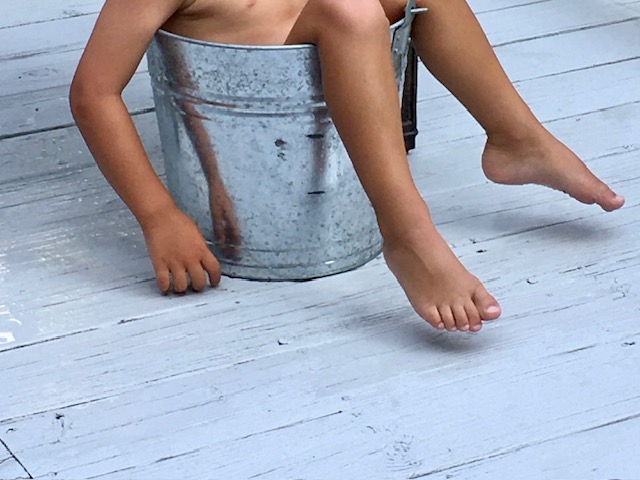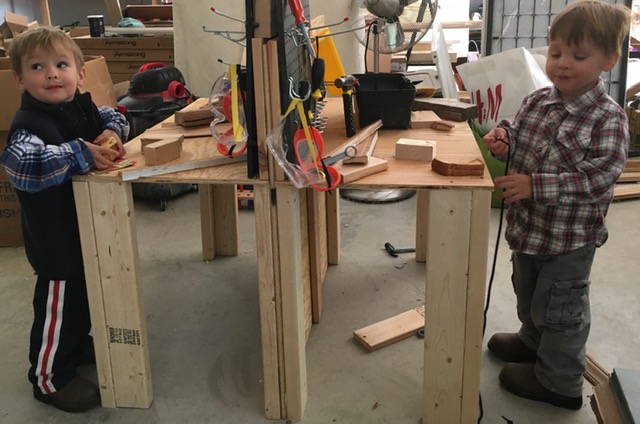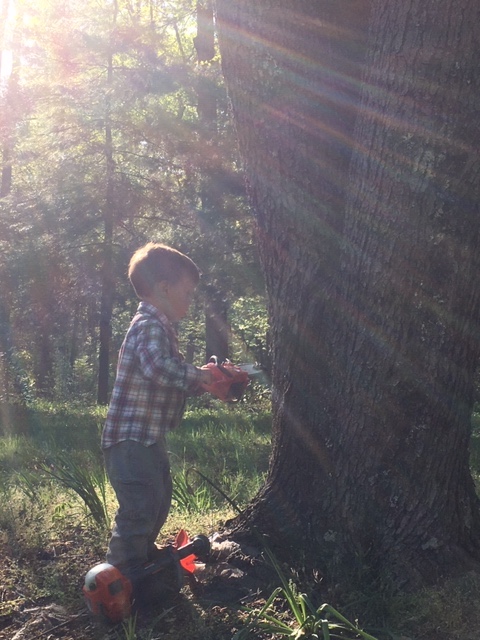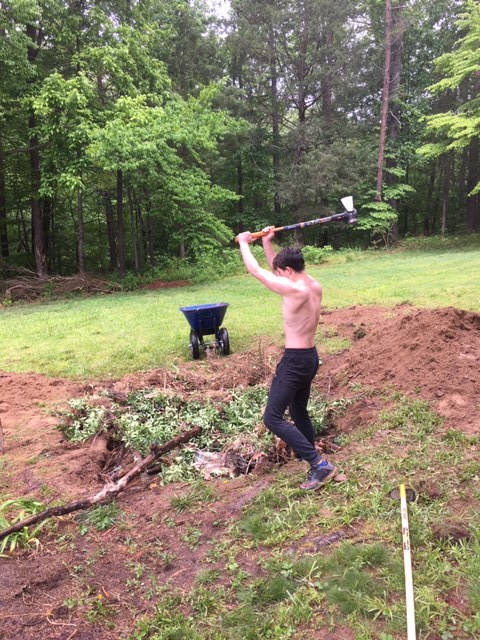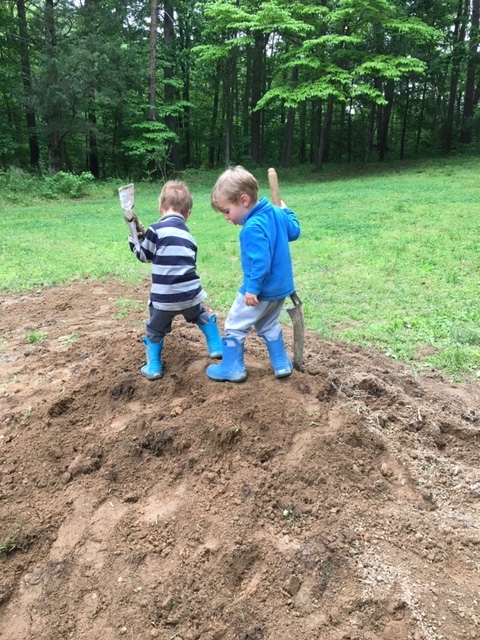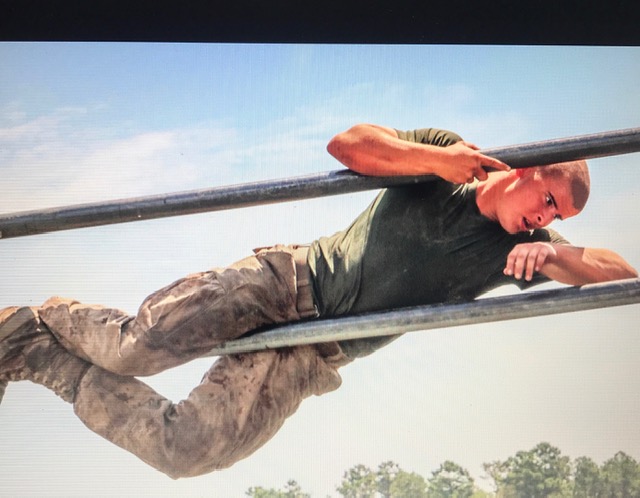When you lock your doors at night, do you ever think maybe the thief is already in the house?
Men can crave anything: money, cars, sex, video games, even “me time.” Dr. Timothy Patitsas writes, in The Ethics of Beauty, that such greed causes men to rob our own families, by inciting us to:
. . . ignore the sufferings of a thousand others who are starving now, of our spouses and children whom we neglect, betray, or put at risk while we obsessively hunt for excess.
I remember the night I spoke by phone to one of my boys, Golden. He was maybe 8 years-old at the time. It was a hard year, a divorce year. I was gone a lot. Too much.
“Sometime soon,” he asked in his soft voice, “can you play Legos with me? Just you and me?”
“Yes honey,” I said. It’s one of those promises you make to a child when there’s really no alternative.
I broke that promise. Not intentionally, of course. But weeks turned into months, and months, well, they have a habit of becoming years—usually faster than we expect. Golden and I were together often after that phone call, but we never had one-on-one Lego time.
Do you know why? Because I didn’t make it happen. Because there was always something else I needed to do. Or wanted to do.
That’s how fatherhood works: You don’t intend to fail, but if you don’t restrain the small greeds that hunger to become consuming greed, you will rob your children. Just because you don’t plug failure into your GPS doesn’t mean you won’t get there.

I hate admonitions from self-appointed parenting experts that amount to little more than: “Become a saint.” Try harder, be better, give more. Being a parent is exhausting. Just getting through life, anymore, feels exhausting. It’s hard to be a saint when you’re exhausted. In fact, it’s just about impossible. So that’s not the takeaway here.
We can get better without transforming overnight into saints. That’s how habit-building works. You don’t have to be a saint, you just have to do a little practice every day. Next time I’ll offer a few ideas that have helped me battle greed. And if you have ideas, I’d love to hear them.


